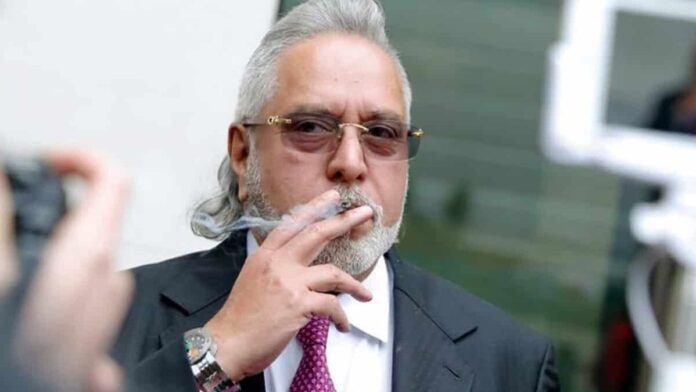In a significant development, a special CBI court in Mumbai has issued a non-bailable warrant (NBW) against fugitive businessman Vijay Mallya, concerning a loan default case involving ₹180 crore linked to the Indian Overseas Bank (IOB). The court’s decision came on June 29, and the detailed order was made available on July 1.
The special CBI court, presided over by Judge S.P. Naik Nimbalkar, acted on submissions by the CBI highlighting Mr. Mallya’s status as a “fugitive” and considered previous non-bailable warrants issued against him. The judge declared, “this is a fit case to issue an open-ended NBW against him to secure his presence.”
The case stems from allegations that Vijay Mallya, the promoter of the now-defunct Kingfisher Airlines, willfully defaulted on payments, causing a substantial financial loss to the government-owned bank. The Central Bureau of Investigation (CBI) asserts that these actions amounted to more than ₹180 crore in wrongful losses.
Currently residing in London, Mallya has been declared a fugitive economic offender in a separate money laundering case pursued by the Enforcement Directorate (ED). The Indian government is actively seeking his extradition.
The warrant is specifically tied to a cheating case filed by the CBI, accusing Mallya of diverting loans intended for the operational needs of Kingfisher Airlines between 2007 and 2012. According to the CBI’s recent chargesheet, the funds were part of credit facilities provided under an agreement with the bank.
Following directives from the Reserve Bank of India (RBI) in 2010, which called for a one-time relaxation of guidelines for the aviation sector, a consortium of 18 banks, including IOB, restructured Kingfisher’s debts under a Master Debt Recast Agreement (MDRA).
Also Read
The CBI chargesheet accuses Mallya of making false promises and diverting the loaned funds for purposes other than those agreed upon. It also claims that Mallya’s actions led to a direct financial loss of ₹141.91 crore due to defaults on the loans and an additional loss of ₹38.30 crore due to the conversion of some of these loans to shares.




